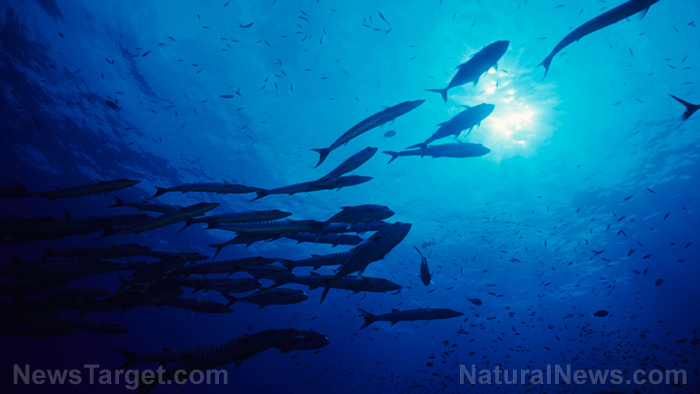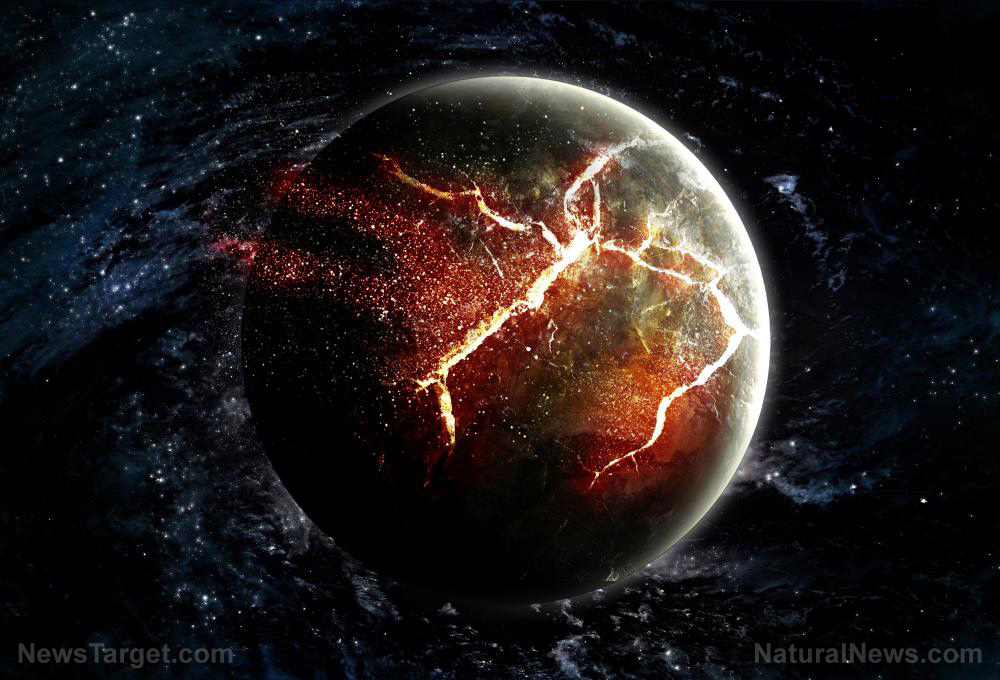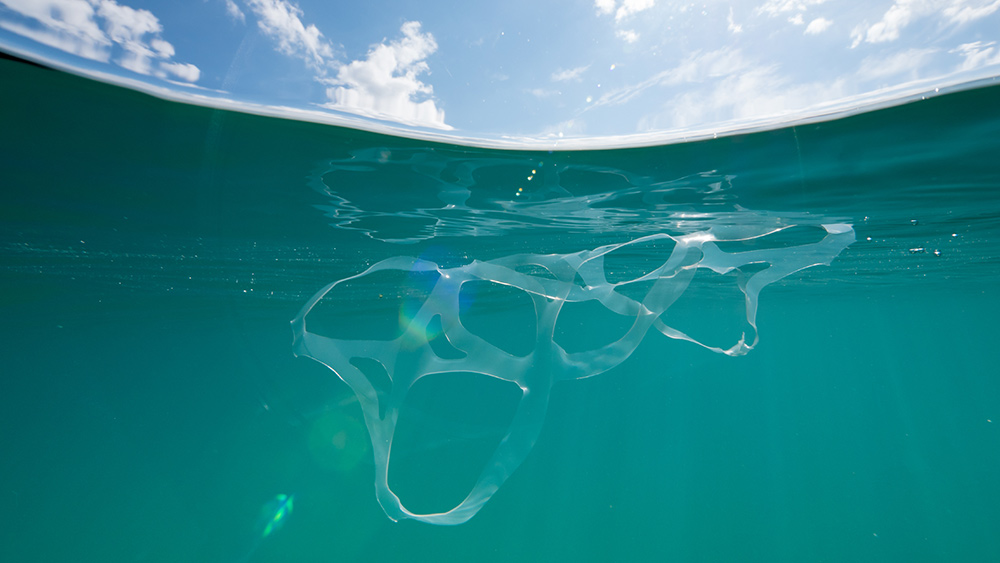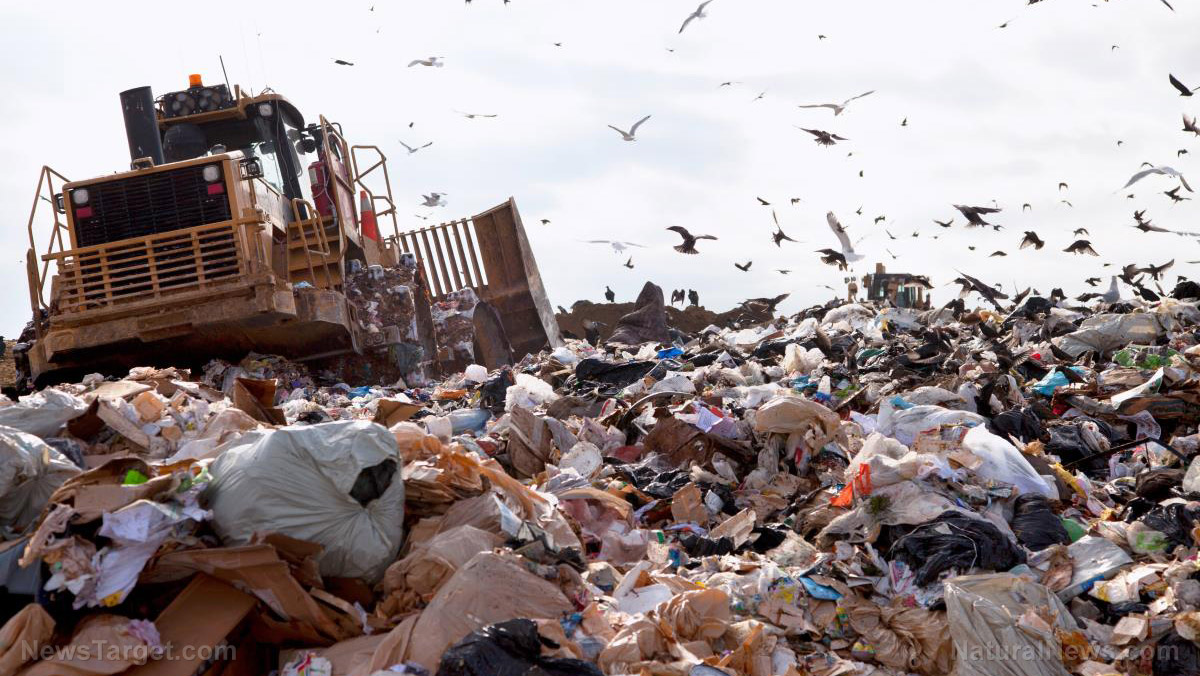The winter storm that swept across Texas last month took power, cut water and claimed lives. It also led to fish kills along the entire Texas coast. But
fish-killing events like this are nothing new in the Lone Star State.
In fact, historical records showed that Texas has had its fair share of these fish-killing events due to record-low temperatures. David Shormann, a marine chemist based in Magnolia, Texas, said as much in a recent article.
In his article, Shormann pointed out that last month's freeze-kill event was similar to the devastating coastal freeze-kill events of 1983 and 1989, which resulted in the deaths of some six to 14 million fish. Shormann added that he expects the death toll of last month's freeze to be within that range, if not just above it.
Shormann also cited the 1996 Texas Parks and Wildlife Department (TPWD) report, which had annotated over 20 freeze-kill events that occurred in Texas since 1527.
One conclusion of the report is that major freeze-kill events occurred every 10–15 years since the 1800s. Minor freeze-kill events also occurred after 1989, but no major event occurred in the more than three decades leading up to the 2021 event. Shormann explained that this time interval is well above average.
Mark Fisher, the coastal fisheries science director at TPWD, also said that the freeze of 1983 and the freeze-kill events of February and December 1989 became the benchmarks for freeze-kills because
they were far worse. They marred coastal fisheries and changed the way they were managed for years to come, added Fisher.
Since then, fishing in Texas has been exceptional for coastal fish species like speckled trout and redfish. Plus, sea turtle populations in the area have boomed ever since.
But the good news is, fisheries will recover. Fishermen can now use drones to gauge the damage of the event or take to social media platforms to encourage conservation techniques like catch-and-release fishing for the time being.
Another reason fisheries will recover is that Texas had a buffer going into the freeze-kill event, said Fisher. The waters relatively warm and stayed within 60–70 degrees Fahrenheit in most areas. Plus, Texas did not see cold air until several days later. "[We] had a relatively gradual cooldown," added Fisher.
Overall, Texas' history of freeze-kill events could offer invaluable insight to scientists examining climate trends and predicting future climate outcomes. And according to Shormann, this history is one of the best pieces of evidence that climate change is not an imminent threat.
Shormann ended his article with a prediction that Texans will see another major freeze-kill event over the next 30 years. But climate catastrophe will not, he added.
So-called "climate catastrophe" is not taking place
In pointing out that freeze-kill events in Texas are not new, Shormann sought to make an argument against so-called climate change, which most climate alarmists argued was the reason for the cold snap in Texas. Some climate alarmists even
blamed the alleged heating of the Arctic Circle for the winter weather in Texas.
Climate change is not an imminent threat, said Shormann. Some experts would agree. Fritz Vahrenholt, one of the founders of the German modern environmental movement, said that the so-called "climate catastrophe" that climate alarmists projected would peak in the 12 years is "
simply not taking place."
On the contrary, Vahrenholt said that humans still have about three generations’ time to push for clean energy sources. He also cited the fact that the sun has never before demonstrated such great activity over the past thousand years as it does today. The planet was also three degrees Celsius warmer when civilization began.
There was no tipping point then, and there is no clear sign there will be one in the future, he added. (Related:
'Climate change’ activist movement nothing more than rebranded 1970’s myth.)
Go to
FakeScience.news to read more articles about global warming and other hoaxes.
Sources include:
WattsUpWithThat.com 1
WattsUpWithThat.com 2
HoustonChronicle.com
TheGuardian.com
 Parler
Parler Gab
Gab





